Latest Posts by spockontatooine - Page 2




The Pleiades

Symbiotic R Aquarii
Credits: Hubble, NASA, ESA, License, Judy Schmidt


Open star cluster M45, also known as the Pleiades.
1 & 2 via Flickr

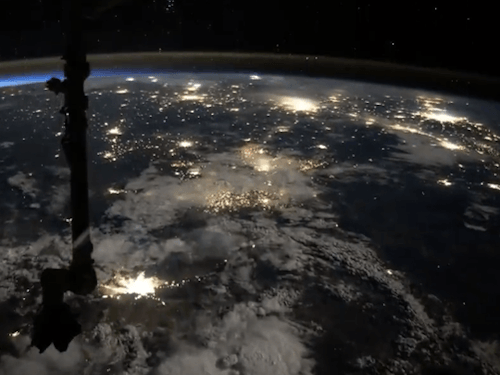
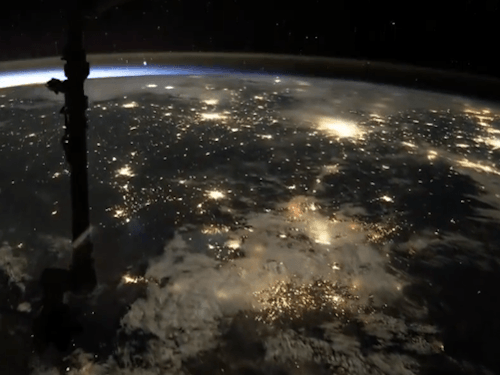
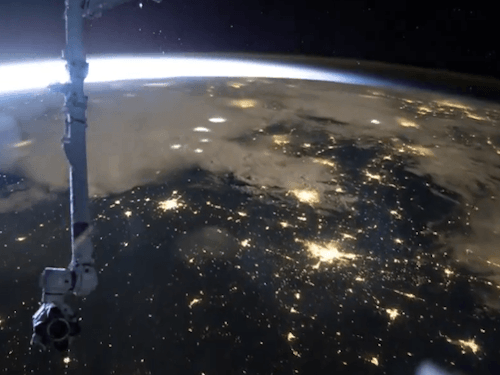
North America from the ISS l NASAEarth

Neptune’s Great Dark Spot: Gone But Not Forgotten
Credits: Discover the cosmos!, Voyager Project, JPL, NASA

Deep space.
Credit: NASA, ESA, CSA, Steve Finkelstein (UT Austin).

Bubble Nebula
The Bubble Nebula, also known as NGC 7635, is an emission nebula located in the constellation Cassiopeia.
It is approximately 7,100 light-years away from Earth. The nebula gets its name from its distinctive bubble-like shape, which is created by the stellar winds from a massive central star,
The Bubble Nebula is notable for its intricate structure, which includes a shell of ionized gas and a central cavity. The nebula is also a site of ongoing star formation, with new stars being born from the surrounding material.
Credits: NASA, ESA, and the Hubble Heritage Team (STScI/AURA)

NGC 6302 Butterfly Nebula ©

Look at this gorgeous shot of a dust storm seen on the tallest volcano of Mars, Olympus Mons!!
Photo taken by the ESA's Mars Express satellite and processed by the always excellent Andrea Luck.
Credits:
Image Processing: AndreaLuck CC BY Raw Data: ESA/DLR/G.Neukum-FUBerlin

Vulcan at sunrise l John Kraus

N132D and the Colour of X-Rays
Credits: SAO, CXC, NASA

A Crescent Earth At Midnight - October 6th, 1996.
"The Earth's northern hemisphere appears outlined as a sunlit crescent in this dramatic view from the GOES 8 satellite. The image was made near midnight for the Geostationary Operational Environmental Satellite on June 22nd, 1996, two days after the summer solstice. The summer solstice is the time of year when the Sun reaches its greatest northern declination and the arctic regions near the top of the picture experience 24 hours of daylight. Looking south along the Earth's limb, atmospheric scattering of sunlight causes the bright crescent to be visible beyond areas directly illuminated by the Sun."
Needle Galaxy in live telescope mode, just wondering if there could be another earth somewhere in that huge galaxy?

HH 211.
Credit: ESA/Webb, NASA, CSA, T. Ray (Dublin Institute for Advanced Studies).
The star Sirius as seen through a telescope.
Have you ever looked up at the sky at night and wonder what that bright color changing object is that’s blinking? Here you go!

Storms in the center of Lagoon © Hubble

Orion Nebula for Chandra's 25th Anniversary (Chandra/Webb composite) by NASA's James Webb Space Telescope

Interacting Galaxies Arp 142 (NIRCam only) by NASA's James Webb Space Telescope

Galaxy NGC 3627 © Hubble+Webb+Chandra




Saturn's Earthlike Moon, Titan in visible/infrared ©

Hubble Views a Galaxy With an Explosive Past

View of Titan from different altitudes
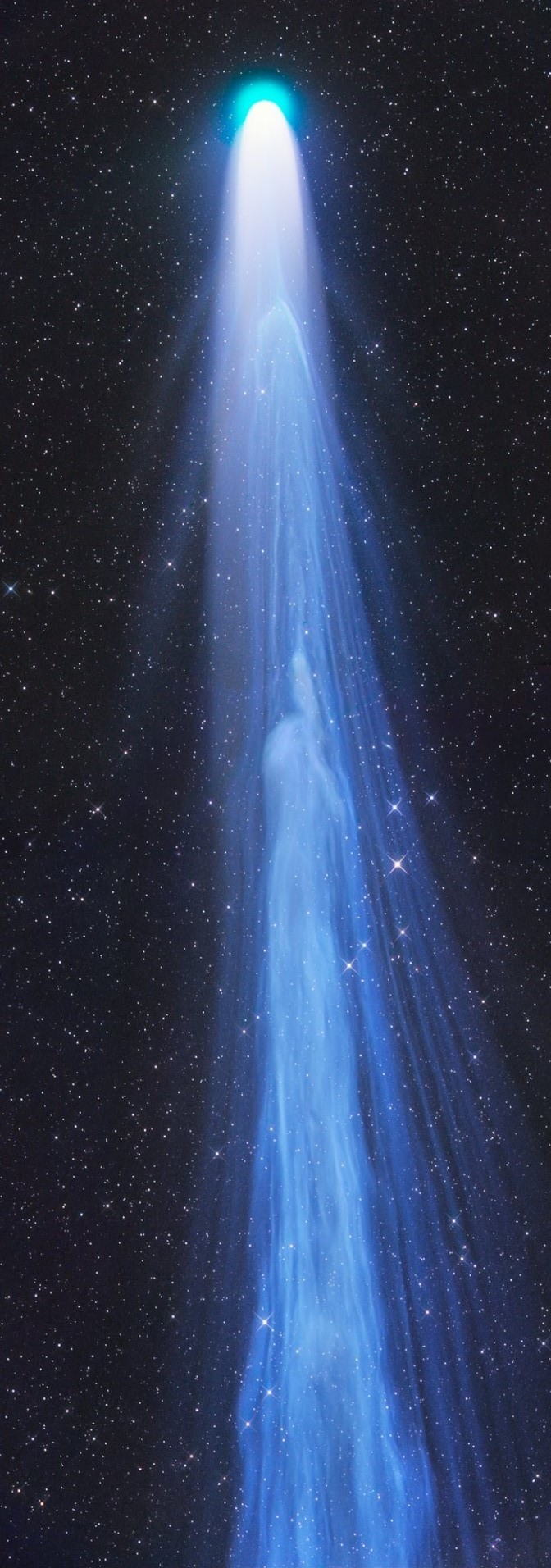
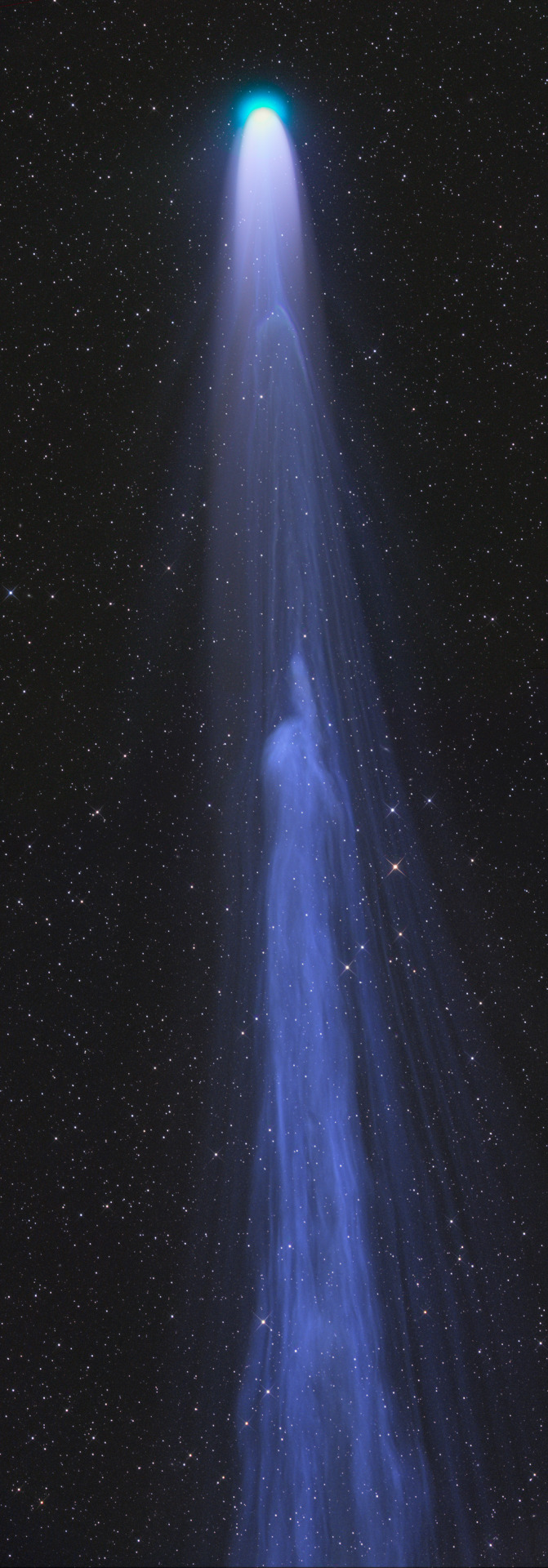
Comet Leonard


"Astronaut Edward H. White II, Gemini IV pilot, is photographed onboard the Gemini-Titan 4 spacecraft during the four-day Earth-orbital mission."
Date: June 3-7, 1965
NASA ID: S65-30548


Ed White you would’ve loved booping people on tumblr dot com

Edward White II, Spacewalk by Robert McCall from 1966 depicting White's Gemini IV space walk in June 1965, the first by an American, launched 3 June 1965 and returned 7 June.
White died on 27 January 1967, along with Gus Grissom and Roger B Chaffee, during a pre-launch test for Apollo I.
Robert McCall died on 26 February 2010.

"To Space" by Nikolai Surin (1961)

The James Webb Space Telescope has captured an awe-inspiring image of the Serpens Nebula! This stellar nursery, located 1,300 light-years away, reveals intricate filaments of gas and dust, offering a mesmerizing glimpse into star formation. Explore the universe's wonders with this breathtaking view and dive into the early stages of star birth.
Credit: JWSP-NASA
